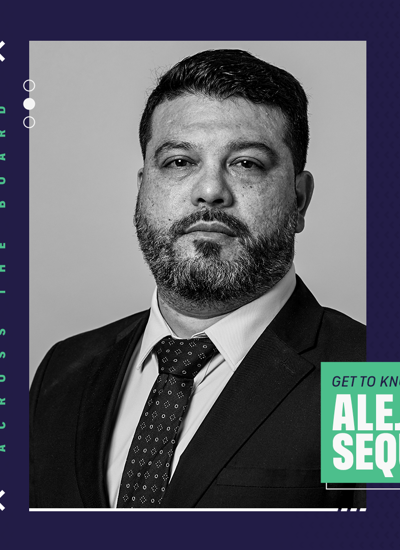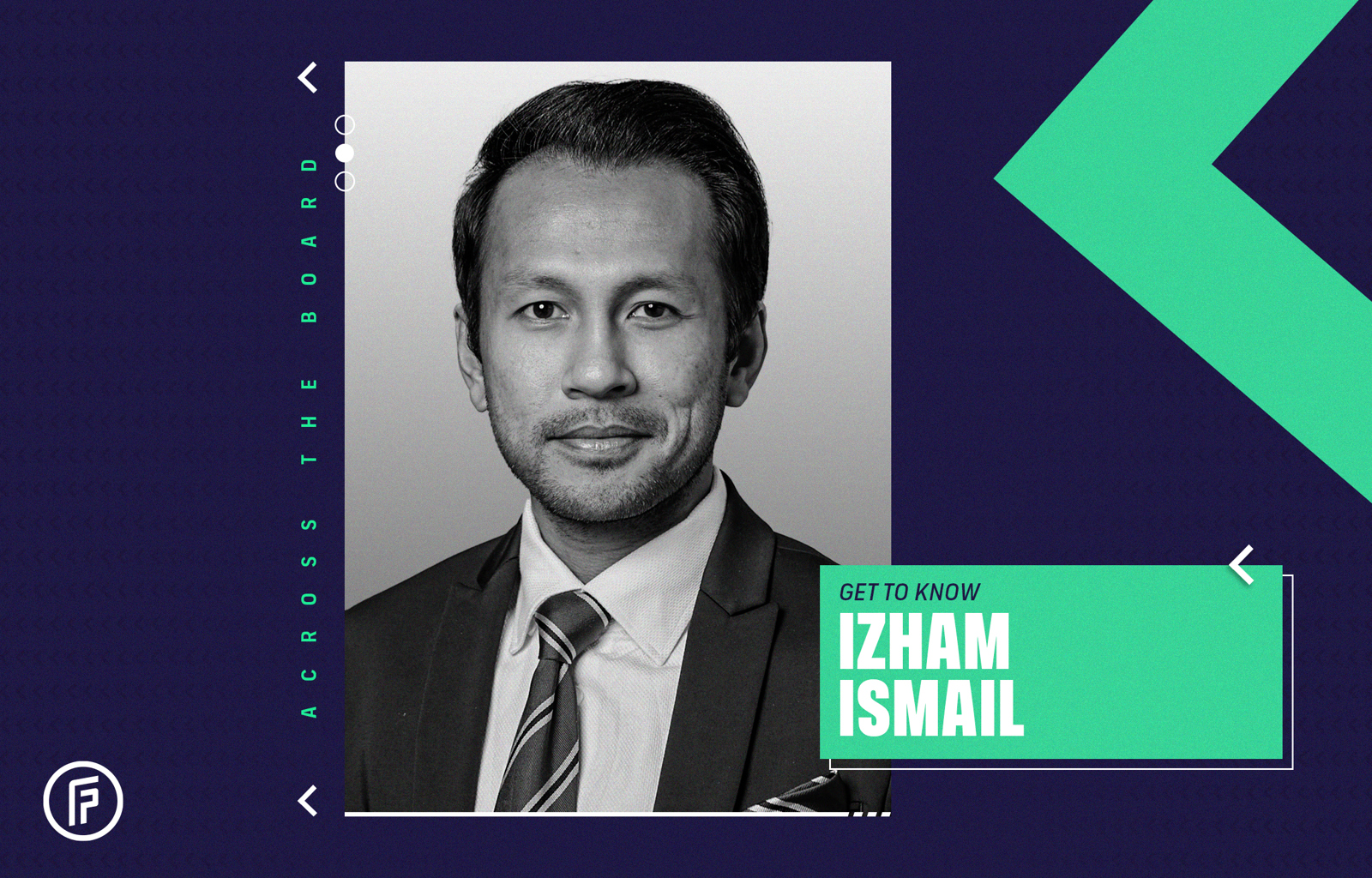
FIFPRO introduced an 18-person board, the most diverse in the global player union’s 56-year history, during its General Assembly in November 2021.
Across the Board aims to profile all 18 board members. Next: Izham Ismail from Malaysia, representing Asia and Oceania.
Izham Ismail
• Professional Footballers Association of Malaysia Chief Executive Officer
• Served in the role since 2014
• Bachelor of Laws
How did you become CEO of the Malaysian player association?
Izham Ismail: When I was a law student at the top university in Malaysia, I was also president of the student union. We faced many problems, and it was my first experience representing and organising a group of people to achieve a common objective.
In my final year, I did my thesis on the dispute resolution system for sports in Malaysia, especially in football. I noticed that so much could be improved. I started to talk and mingle with professional footballers, and I noticed that they find it very difficult to voice their problems and fight for their rights. That caused many injustices. They were not getting paid and didn't know what to do. I thought they deserved better. Football is the number one sport in Malaysia. The pay is quite good, but the industry lacks respect for the players; it should treat them better. That was my biggest motivation, and that was how we started to develop PFA Malaysia. I came in with an academic point of view, and the players with theirs, and together we set up the organisation. Then the president asked me to become the chief executive officer, and that is how it started eight years ago.
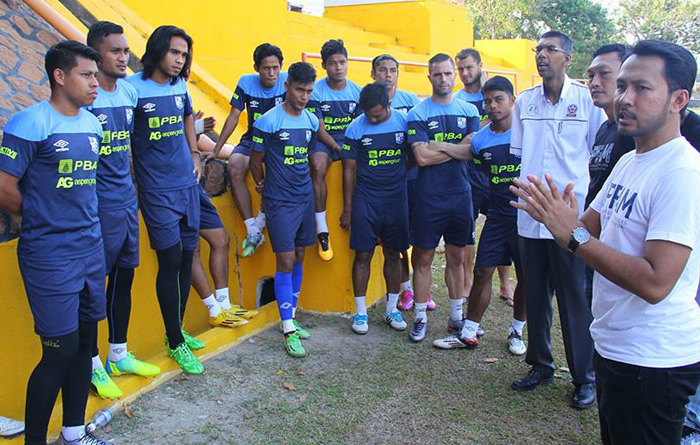
What are your main achievements?
The biggest day was when the PFA was recognised by the federation as the sole collective bargaining voice of the players in 2017 when we signed the first memorandum of understanding. Now we want to start talking about collective bargaining with the league. I think it is time for us to have that discussion, so there are better protections for players.
In this part of the world, we were not used to unionism. We had backlash, we had threats. It was not easy for Malaysian football to have a new mindset that players are not just commodities, but the most important stakeholder with whom any policy or regulation pertaining to the game must be consulted. After eight years, I think the mindset has shifted. With every single issue affecting the players, they will write to us, or at least give me a call, and ask ‘Izham, is this right for the players?’ I think this respect is actually the biggest achievement.
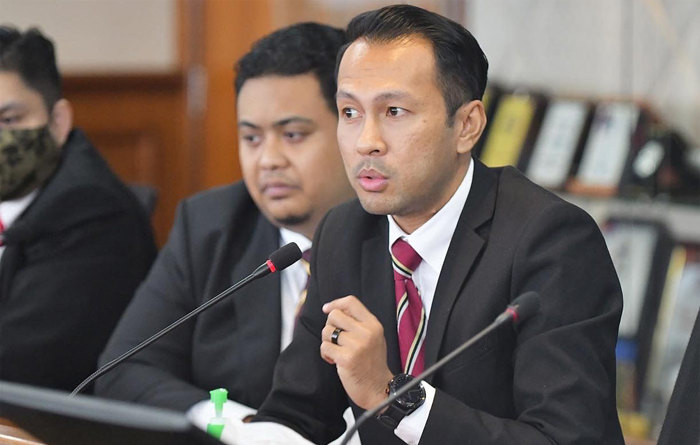
What are your ideas for the board?
The work within FIFPRO can sometimes be quite Eurocentric. With football becoming more global, I would like to see much more involvement of Asia in the discussions about global problems. It’s the job of Katherine Gill, my colleague on the board from Asia, and I to bring more diversity to the discussion. We come from different cultures, different religions, and different genders. I think that is great for the organisation. Never underestimate the power of multiculturalism in world football.
For a long time, in football, Asia has been seen as just a big continent with no future. It is time for us to really have a look at Asia as a continent with opportunities, with potential, and I think that reflects the way we do things in Asia. Now we have a strong division in Asia and we are also planning to expand over the years. Football is a global game and Asia should be seen as a ‘place to be.’
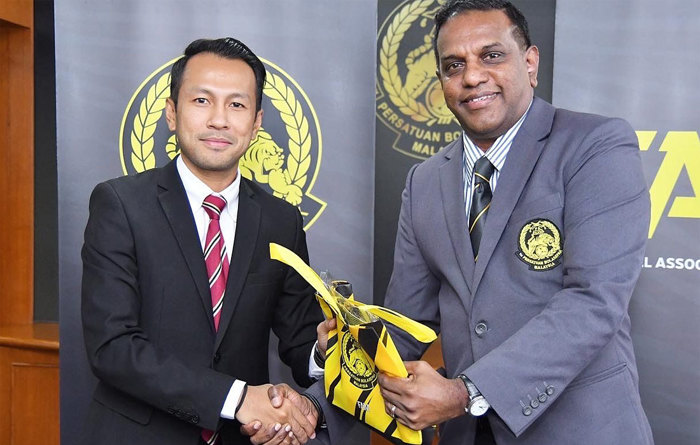
What are the problems Asia is facing?
The interest in the sport is huge, but there is a general lack of respect for the profession of footballer. Clubs and federations disrespect contracts and salaries are not being paid. These are basic issues that still need to be tackled. We are not talking about top tier clubs or players, but about the lower leagues. I think the pandemic has not helped. In fact, it has exposed the vulnerabilities of the situation in Asia. Many clubs used the pandemic as an excuse for problems they have had for a long time.
Thanks to FIFPRO and FIFA, we have a project to establish national dispute resolution chambers (NDRCs). After five years of advocating, negotiating, and drafting, we recently established a NDRC in Malaysia based on equal representation that will be a real gamechanger.
A better dispute resolution system, and a better standard players’ contract are two key issues for us to move forward in Asia, and these should be rolled out throughout the continent, not just a few countries. I hope, as a continent, we can put together our strength and resources to help our members tackle these issues.


